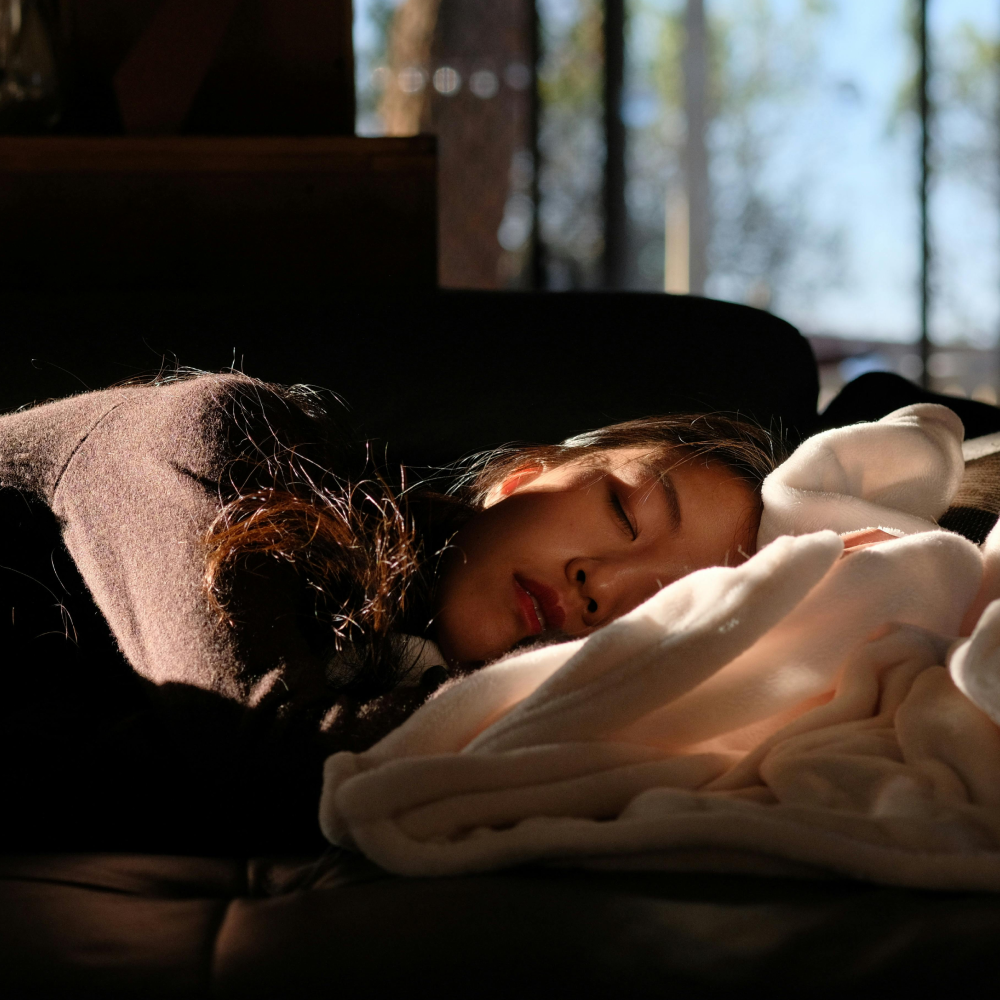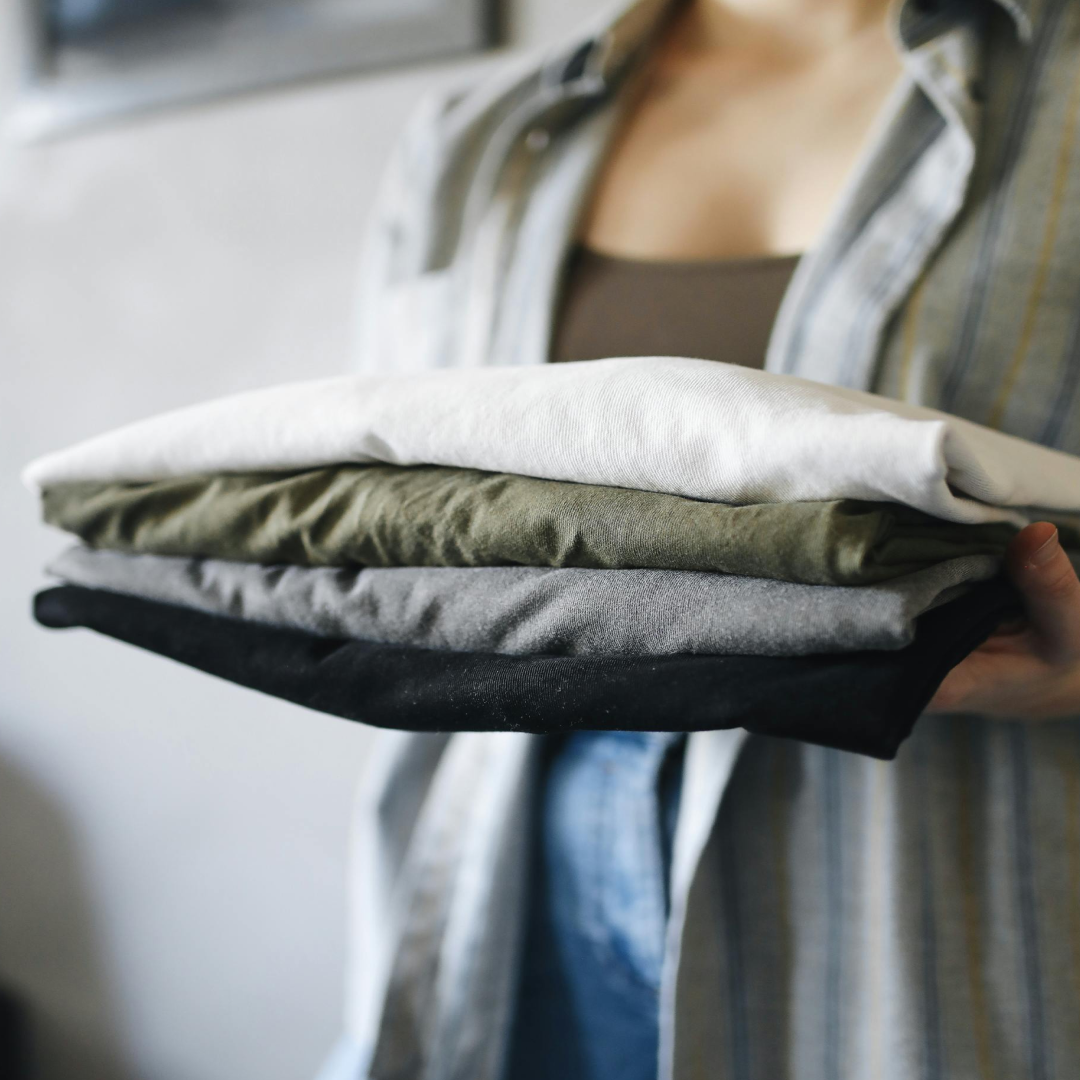You may expect relief from the heat when the sun sets but, due to global warming, night-time temperatures are also rising. Our bodies are increasingly unable to cool down after a hot day, making it harder to rest.
A 2023 study found that people around the world are losing an average of about 44 hours of sleep per year due to hotter nights. This trend looks set to continue so it’s crucial to take steps to protect your sleep.

How poor sleep affects your health
The core body temperature naturally drops before bedtime, prompting the body to relax and repair its vital systems.
If your body temperature stays high, it becomes harder to fall – and stay – asleep. This leads to more than daytime grogginess. Poor sleep has been linked to:
- Poorer cognitive function
- Lower immunity levels, making you more prone to colds
- Higher risk of dementia, cardiovascular disease and Type 2 diabetes
- Reduced effectiveness of vaccinations.
Sleep strategies: Home, bed and body
To beat the heat and improve your sleep, adopt an upside-down pyramid approach. Start by making changes in the home, then narrow your focus to your immediate sleep environment and, finally, zoom in on your body and daily habits.
Tips to keep the home cool
- More than half the battle is won if you can stop heat from entering the home. During the hotter part of the day, draw the curtains and lower the blinds to block direct sunlight, especially on the sunnier sides of your home. Close the windows on those sides to keep hot air out.
-
When the temperature outside is lower – for example, in the early morning – open the windows on opposite sides of your home to release the heat and bring cooler air in.
If your home has windows on only one side, open a door if possible and put a fan in front of an open window to blow air into the room. - Hot air rises and can get stuck in the upper part of your home so open any loft windows or vents you may have to release the heat. If it is not possible to ventilate the upper floor, consider sleeping on a lower level.
Create a cooling sleep environment
- If there is no air-conditioner in your bedroom, open the windows and use a fan or two. Leave ice cubes in front of the fan to cool the air being blown towards you.
- Put an ice pack or a hot-water bottle filled with ice water in your bed and near your feet. Cooling your feet will bring your body temperature down.
- Pop your pillow case in a plastic bag and cool it in the fridge before you go to bed. Or invest in a pillow that dissipates heat.
- Consider switching to bed linen made of materials such as bamboo, Tencel, linen or long-staple cotton. These are all breathable fabrics, meaning that air passes through them easily, speeding up the evaporation of sweat. If you opt for cotton, choose a percale weave as this usually creates a cooler, crisper feel.
- Look out for bedsheets with moisture-wicking properties. Breathable fabrics have spaces to promote airflow but moisture-wicking materials, such as Tencel, actively draw sweat from the skin and onto the fabric, where the moisture evaporates. This helps you to feel cool and dry even on hot, sticky nights.
Caring for the body in a heatwave
- Stay hydrated throughout the day but pay attention to what you drink. Watch out for stimulating beverages such as tea and coffee – even soft drinks may have a large amount of caffeine – as these will make it harder for you to fall asleep.
- Limit your alcohol intake. It may be tempting to chug down cold beer when temperatures rise but alcohol dehydrates the body and will leave you feeling worse.
- Wear clothes made of breathable and/or moisture-wicking fabrics.
- To cool down fast, apply cold water or ice packs to your neck, wrists and under your arms as large blood vessels lie close to the surface in these areas. Wrap the ice so it does not come into direct contact with the skin. If you don’t have ice packs, use a cool towel.
- Before going to bed, try taking a tepid shower to bring your body temperature down.
The climate crisis means that hot and humid nights are set to stay. But by making simple changes in your home, bed and habits, you don’t have to lose sleep over it.

Check out Bedroom Affairs’ heat-dissipating pillows, Therapeutic and Contour. If you’re looking for cooling bed linen, we recommend our bamboo and Tencel sets.






